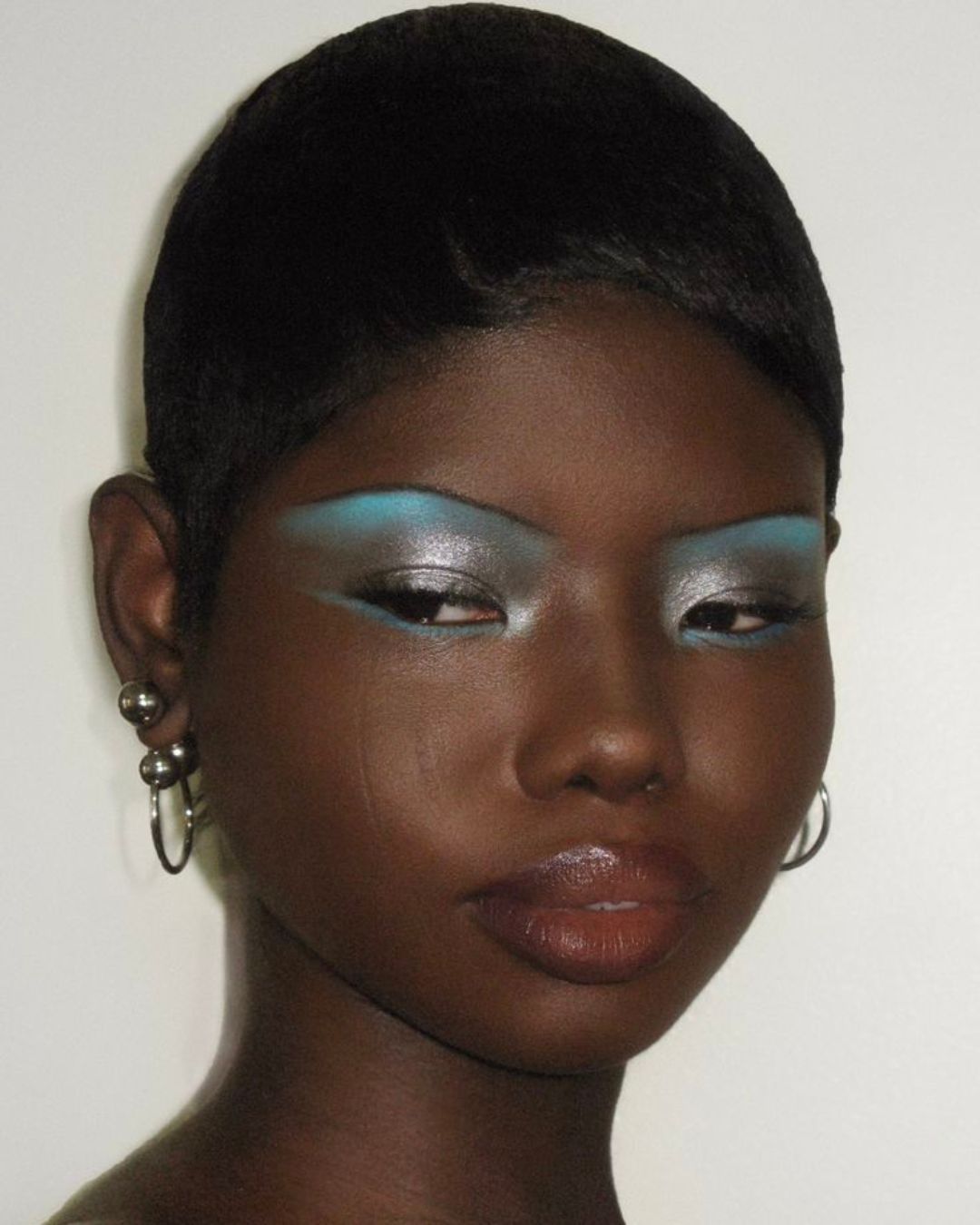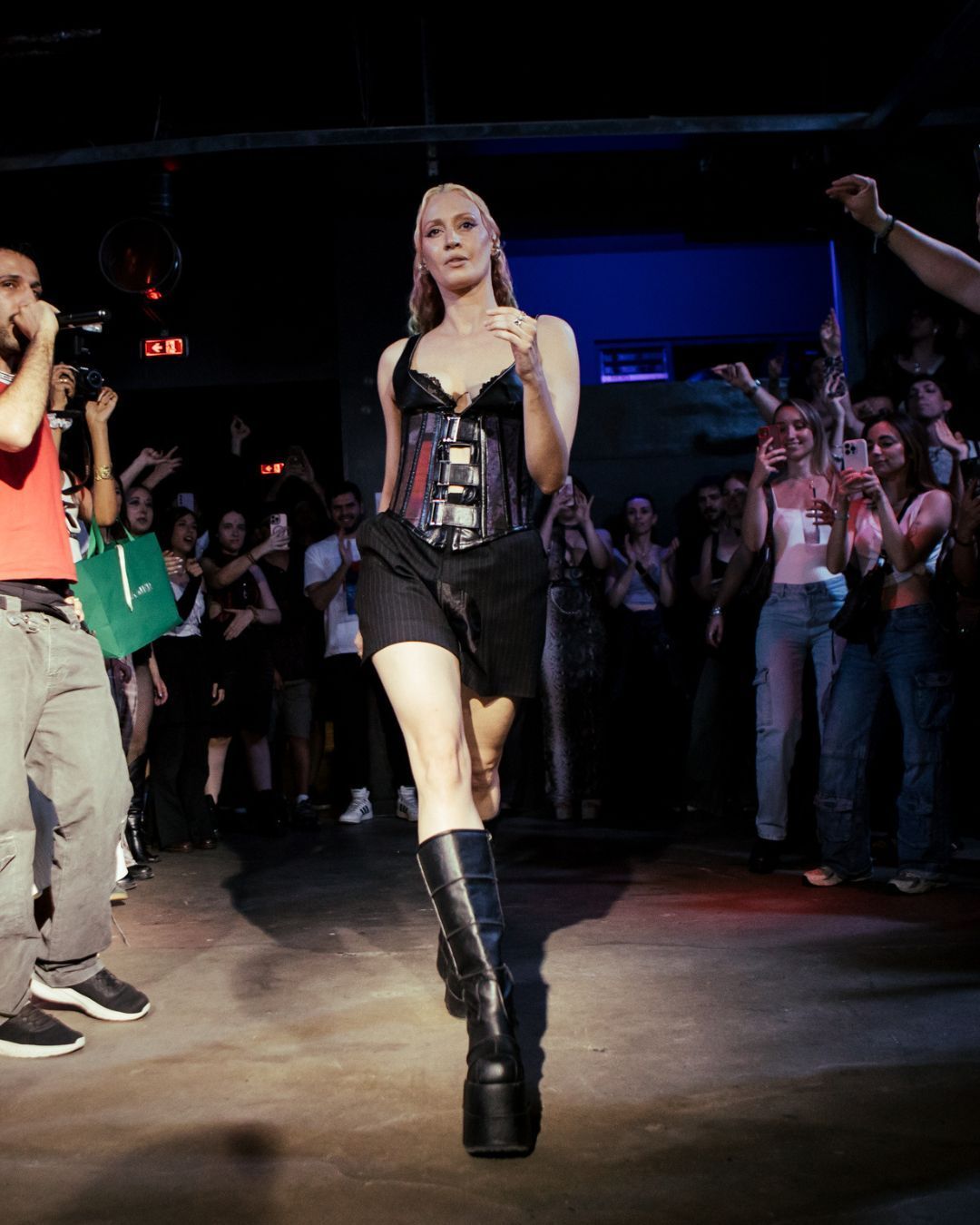
The perception of our body on social media: the Kardashian case Filters, edited pictures and body dysmorphia in the era of social media
Let’s be honest, how many of us look and re-look at a photo before posting it on IG, how many flaws, how many imperfections are we able to find by zooming in enough? Well, Khloé Kardashian also seems to have the same problem. A photo was uploaded by mistake, and even if it looks like a common snapshots of the Kardashian sisters with dreamy backdrop, perfectly manicured nails and a stylish bikini, it was promptly removed. The difference from Khloe Kardashian's usual posts? The lack of editing and filters.
It seems that Khloe's team has tried everything to make it disappear, but the shot has not escaped the Instagram, the users have reposted it relentlessly and now it is impossible to permanently delete it from the web.
“The photo that was posted this week is beautiful. But as an individual who has struggled with her image all her life, when someone takes a picture of you that isn't flattering, in bad lighting, or that doesn't capture your body as it is after working so hard to get to this point. - and then he shares it with the world - you should have every right to ask for it not to be shared - whoever you are” - Khloé wrote on her profile.
he star of Keeping up with the Kardashians struggles with a mental a issue, which in psychiatry is called body dismorphia, a common condition nowadays characterized by an excessive concern for imperfections that often aren’t either objectively visible, but perceived by the affected people as real and serious. It might seem strange that an adult wealthy woman, in many ways privileged, with a personal gym, a personal trainer, a nutritionist, a plastic surgeon, could have a conflicting relationship with her own image, but the media overexposure in this case is democratic: every single defect over the years has been analyzed by the public, laughed at by the press, commented on by social media users. No body, it doesn’t metter how perfect it might appear, can hold its own against the high standards of beauty we have created over the years, first dreaming of the top models of the 90s, now following fit influencers and their sweetened lives.
Also the more famous sister Kim Kardashian, who on the occasion of the release of the documentary 'Framing' on Britney Spears, recalled the media pillory she had to suffer from the tabloids in 2013, because of her weight gain during pregnancy. In a lengthy statement posted via Instagram Stories, the founder of SKIMS explained that she suffered from preeclampsia, a hypertensive disorder, while pregnant with her first daughter North West, who is now 7 years old. The condition caused Kim to "swell uncontrollably" and the network reacted with inclement memes in which she was compared to a whale, an orca, various inflatables and so on.
Or just think of the Kyle Jenner case, when a few years ago a young girl just of pubertal age periodically went to the surgeon to slowly distort her face, with injections of hyaluronic acid to the lips, botox in the eyebrow arch, a nosejob, a filler in the jaw so that the chin etc. then she denied everything to the press and on social media, she denied the evidence of having made herself unrecognizable in just a year. One might wonder why women who were the first to receive insults on their appearance still feel the need to show themselves impeccable in every shot, even when the reality is different, adapting to a system in which they are both executioners and victims and feeding this unrealistic and toxic narration of the body in the world of social media.
The thing is even more worrying if you think that the photos of Kim and Kylie's children undergo the same post-production processes as those of the Kardashian seniors: Stormi has been repeatedly made to appear thinner with the use of facetune, the baby face of Chicago was emphasized by enlarging the eyes and making them brighter, North's forehead size was reduced with Photoshop.
In short, although the Kardashian-Jenners are aware that their media overexposure (certainly at the base of their economic empire) is one of the most relevant causes of compulsive need to change themselves, virtually and surgically, even so they subject their children to the the same media attention, denying them the ability to choose. The danger is more concrete if we consider that according to statistics in the United States about 30 million people are affected by an eating disorder at some point in their life, mainly during adolescence.
In an attempt to raise awareness of the deceptive nature of social media, there has been an increase in "Internet vs reality" themed posts, spread exponentially on both instagram and tiktok, side-by-side photos of a posed or modified image compared to the real version, which show defects like cellulite, belly rolls and stretch marks. Like the post of the American fitness influencer Hayley Madigan, who suffered from extreme body image problems due to her bodybuilding career, among the first to launch the trend two and a half years ago, followed closely by the big names of Instagram, between which Chiara Ferragni, Rianne Meijer, Gabrielle Caunesil.
The initiative is the last frontier of the body positive: it was born as a political and social movement aimed at challenging the canons and prejudices of society on bodies. Its origins are intertwined with the history of the 1960s claims on fat-acceptance, to combat discrimination against fat people and celebrate plus-size bodies; they burned photos of models like Twiggy and even books on diets, organized lectures and seminars in schools. A movement created to promote a positive message dedicated to those with a body that doesn’t belong to predefined canons of 'normality', among the most active supporters singer Lizzo and model Ashley Graham.
Although the intention is noble and certainly more human than the ultra photoshopped images of influencers in bikinis, it still brings us to the visual processing of the body of others, which also involves the elaboration of the image of our body and whose perception is closely linked to the mental representation we have of the ideal of a body in itself. They reassure us, they tell us that we are beautiful, that we don't have to change, and at the same time we are bombarded with diet-culture: workout clips, fitness tips and videos of physical transformations at the limit of the superhuman, the idea is that a healthy body is measurable as a percentage of lean mass.
The polarization, the extremes, the narrative of black and white to which the simplicity and immediacy of social networks force us, but a healthy relationship between mind and body, which is built in a lifetime and gets stronger every day, cannot be synthesized. The arduous task of building the ideal of woman we will leave to the future generations, of changing the dominant narrative, of founding a new collective society made up of inclusiveness and acceptance, where it is no longer our appearance that defines who we are, weighs on our shoulders. But, while we understand how to change the society we live in, we must be satisfied with the photos taken under the hashtag "Instagram vs reality".












































































